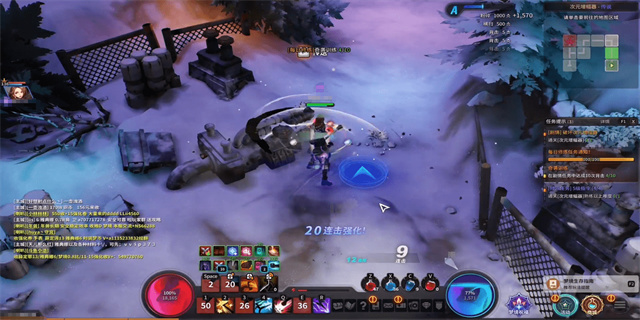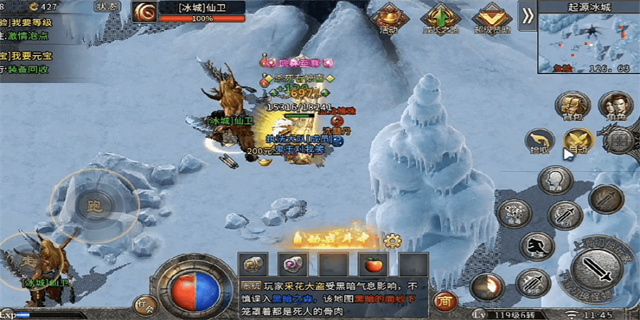Remains: Exploring the Fragments of the Past
Unleashing the Power of Archaeology
Human history is a tapestry woven with countless stories, interactions, and civilizations that have risen and fallen. Buried beneath layers of soil and time, remnants of these ancient societies await discovery by the curious hands of archaeologists. Remains, whether they be in the form of pottery shards, skeletal fragments, or crumbling structures, have the power to unlock mysteries of the past and shed light on our collective human journey. In this article, we will delve into the world of remains and explore the significance they hold in understanding and appreciating our history.
The Silent Witnesses

In the realm of archaeology, remains are like silent witnesses to the tumultuous events that have shaped our world. By carefully studying these relics, archaeologists can reconstruct a vivid picture of ancient cultures, their customs, and interactions. Pottery, for example, can reveal not only the artistic skills of a civilization but also their trade routes and connections with neighboring societies. Similarly, skeletal remains can offer insights into the health, diet, and lifestyle of individuals who lived thousands of years ago. The science of archaeology is thus tasked with piecing together the fragments of the past and breathing life into the stories they tell.
Preservation and Conservation Challenges

While the remnants of ancient cultures hold invaluable information, they are not impervious to the ravages of time. Preservation and conservation efforts are critical to ensure the survival of these fragile structures and artifacts for future generations. factors such as climate, exposure to the elements, and human activity can accelerate the deterioration process. Archaeologists must carefully excavate remains using specialized techniques to minimize damage. Once recovered, these artifacts require meticulous preservation through controlled environments and chemical treatments to slow down decay.

Furthermore, the challenges extend beyond physical conservation. It is crucial to ensure that remains are respectfully handled and displayed, taking into account the cultural and ethical considerations of the communities from which they originated. Collaboration and consultation with local stakeholders are vital to strike a balance between the scientific study of remains and the preservation of cultural heritage.
The Ethical Imperative
Examining and interpreting remains come with ethical considerations that demand serious reflection. It is imperative to approach the study of remains with sensitivity and respect for the communities to which they belong. The principles of repatriation and reburial advocate for the return of remains to their ancestral communities, recognizing their ownership and right to control their heritage. This paradigm shift in archaeology highlights the need to prioritize collaboration and consultation with indigenous groups and incorporate their perspectives in the study and preservation of remains.
Moreover, the ethical responsibilities also extend to the dissemination of information and education about remains. It is crucial to engage with the public and foster a sense of shared ownership and appreciation for the cultural heritage represented by these fragments of the past.
In conclusion, remains hold a profound significance in unraveling the enigmatic narratives of our past. Through their study, we gain a deeper understanding of ancient civilizations, their achievements, and their struggles. Yet, with this privilege comes a tremendous responsibility to protect and preserve these fragments for future generations. By approaching the study of remains with reverence and ethical considerations, we can ensure that our collective human history remains a shared and inclusive narrative, honoring the voices of the past while shaping the narratives of the future.




















